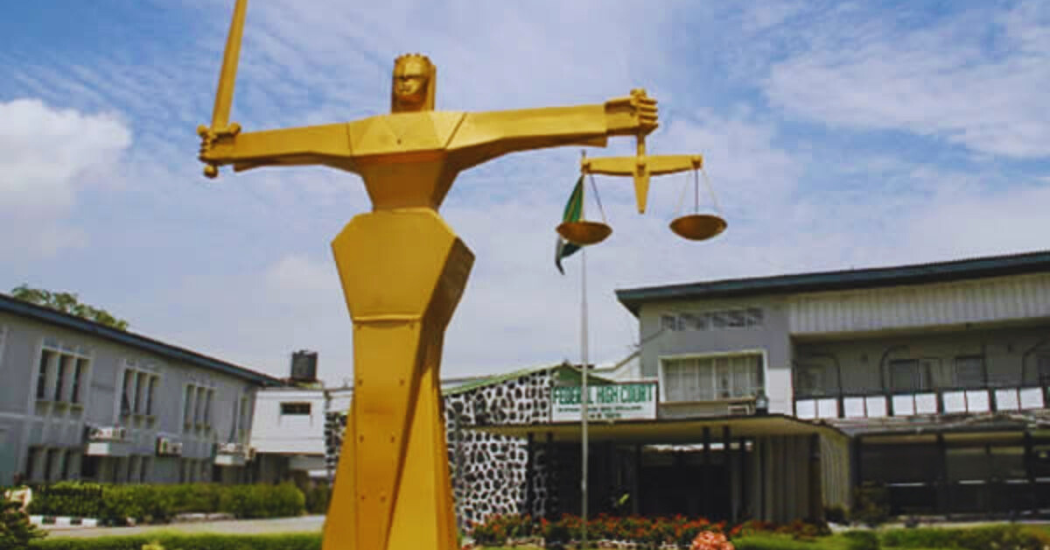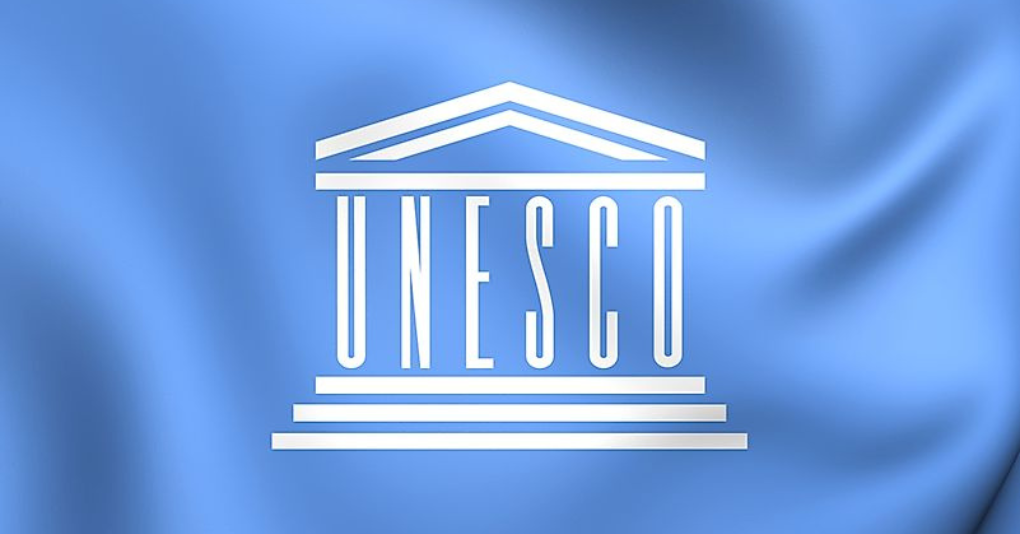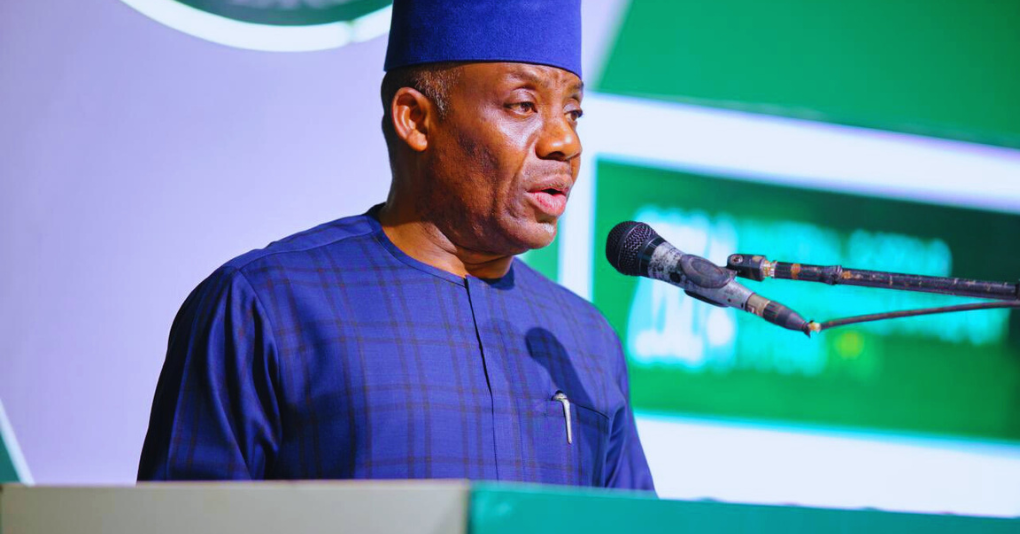The Lagos Division of the Federal High Court, has declared that the federal government, the 36 states of the federation and the Federal Capital Territory (FCT) “have the legal obligations to provide free, compulsory and universal basic education for every Nigerian child of primary and junior secondary school age.”
Justice D. E. Osiagor made the declaration while delivering judgment in the lawsuit filed by human rights advocate, Mr. Femi Falana, SAN, and Hauwa Mustapha (suing for themselves and on behalf of Alliance on Surviving Covid-19 and beyond).
The suit brought pursuant to the Compulsory Free Universal Basic Education Act 2004, was dated and filed on January 19, 2004.
Amongst the issues raised for the court to determine included: whether the respondents are not under legal obligation to provide free, compulsory and universal basic education for every Nigerian child of primary and junior secondary school age.
They also asked the court to determine whether the refusal or failure of the respondents to contribute not less than 50% of the total cost of projects as its commitment to the execution of the free, compulsory education project for every Nigerian child of school age is illegal as it violates Section 11(2) of the Compulsory, Free, Universal Basic Education Act of the Federation of Nigeria, 2004.
They further asked the court to determine whether the refusal or failure of the respondents to access the sum of N68 billion for the Universal Basic Education of children of school age in Nigeria, is not illegal as it violates the Compulsory, Free, Universal Basic Education Act of the Federation of Nigeria, 2004.
Among the reliefs sought included an order directing the attorneys-general of the 36 states and the Minister of the FCT to pay their counterpart funding to access the matching grant of N68 billion in the account of the Universal Basic Education Fund and report compliance with the order within 30 days of the judgment of the court.
Delivering judgment in the suit marked: FHC/L/CS/142/24, Justice Osiagor held that, “while by virtue of Section 11(2) of the Universal Basic Education Act the federal government, the 36 states and the FCT are under a binding statutory duty to provide free and compulsory basic education within their territories, their decision to access or not access the federal matching grants remains discretionary.”
Justice Osiagor also held that, “any state that elects to participate must comply strictly with Section 11(2) by contributing 50% counterpart funds before drawing from the Universal Basic Education.”
In the Certified True Copy (CTC) of the judgement dated November 14, 2025 but cited on November 27, 2025 by THISDAY Newspaper, the judge however declined to make monetary compensation in favour of some of the respondents.
“I have carefully considered the Originating Summons, the Affidavit in support and the Exhibits annexed thereto, the Written Address of learned counsel for the Applicant, the various Counter Affidavits and Written Addresses filed on behalf of the 2nd, 4th, 6th, 9th and 27th Respondents, and the submissions made therein.
“I have also examined the provisions of the Compulsory, Free Universal Basic Education Act, 2004, the Constitution of the Federal Republic of Nigeria, 1999 (as amended), and the relevant judicial authorities cited by the Applicant and the Respondents that replied.
“The issues for resolution in this suit, in my humble view, can be distilled as follows: Whether the Applicant possesses the requisite locus standi to institute this action?
“Whether the right to free, compulsory and universal basic education under Section 2(1) of the UBE Act, 2004, is enforceable and justiciable against the Respondents?
“Whether the refusal or failure of the Respondents to contribute not less than 50% counterpart funding and access the N68 billion Universal Basic Education Fund is illegal as it violates section 11(2) of the Universal Basic Education Act, 2004?”
Delivering judgment on issue one which bordered on locus standi, the judge held that where the cause is laudable and will bring peace, justice and orderliness that will reflect the spirit of the Constitution, judges should not shirk their responsibility because it would help in advancing the cause of social, economic and cultural matters as they affect the society.
“I hold that the applicant has sufficient interest in ensuring compliance with that Act. The applicants demonstrated a genuine concern for the enforcement of children’s educational rights, supported by evidence of unaccessed federal grants.
“The suit raises constitutional and statutory questions affecting millions of Nigerian children. Accordingly, I hold that the applicants have sufficient interest and thus possess locus standi to institute this action.”
On issue two which borders on the enforceability and justiciability of the right to education, the court held that the provisions of Sections 2(1) and 11(2) of the UBE Act are justiciable and binding on the respondents.
The court on issue three held that while, “The statutory duty imposed on states is to provide free, compulsory, and universal basic education (Section 2(1)); the Act does not render the means of achieving that goal – i.e., through federal assistance compulsoгу”.
“Accordingly, while the Court strongly deprecates the refusal of states to access available education funds, such refusal does not constitute a breach of law, unless it can be shown that the state has altogether failed to provide basic education, contrary to Section 2(1) of the Act and the Child’s Rights laws enacted in each state.”
Share this post





Be the first to comment on this post